We visited Anne-Catherine and her husband Yannick in Lausanne. Their dearest dream? To become parents. A desire that turns out to be a real challenge. After a year without getting pregnant naturally, they both took exams that will mark the beginning of a long MAP journey between inseminations and IVF.
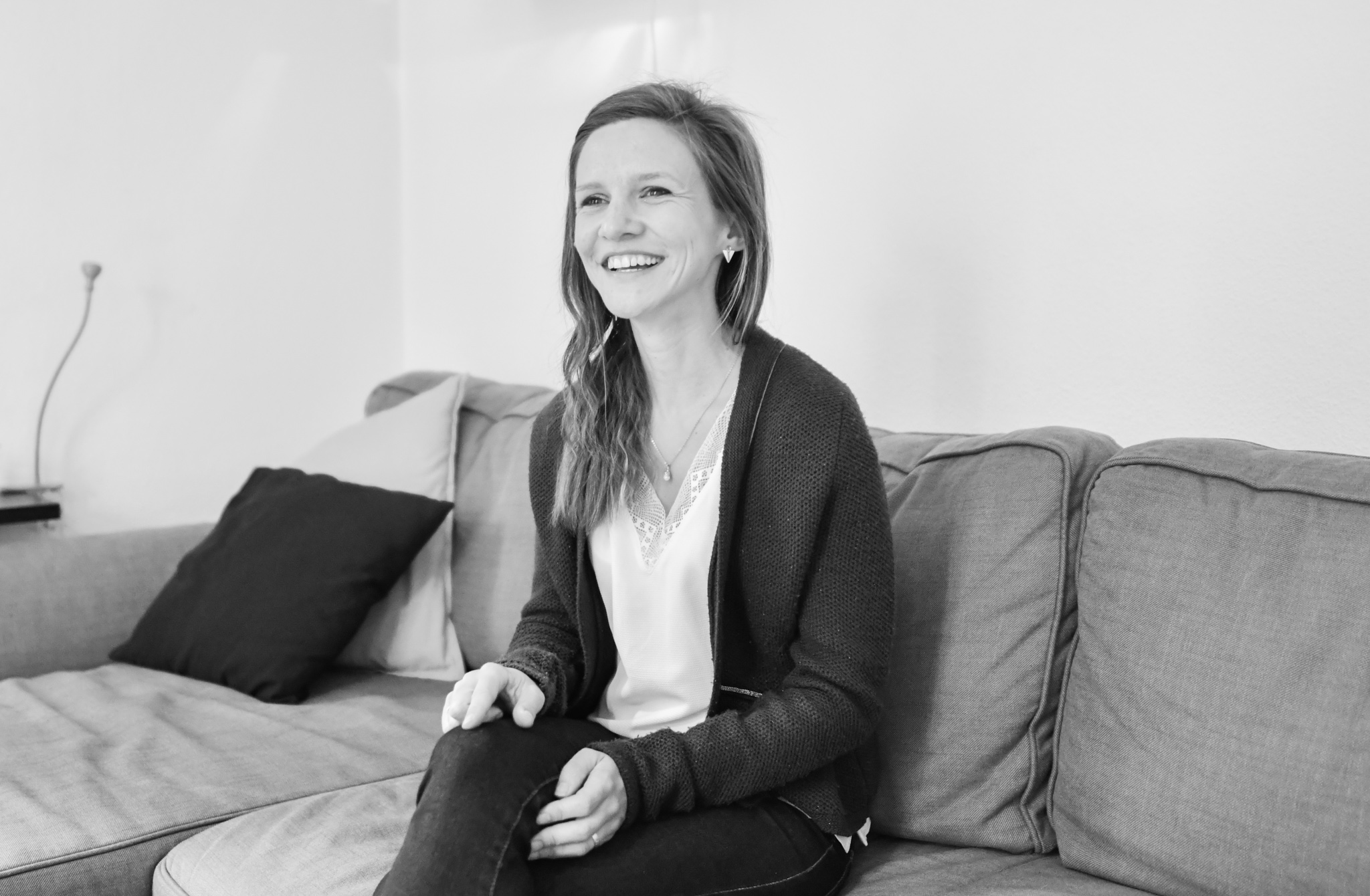
Because this term and what it entails is not necessarily easy to understand, we asked Dr. Fabien Murisier, fertility biologist and director of the CPMA in Lausanne to explain it to us.
MAP stands for Medically Assisted Procreation and is intended to help couples having difficulties having a child for X or Y reasons (male or female infertility).
MAP offers several solutions for infertility related difficulties:
- Ovarian stimulation, its main purpose is to stimulate oocyte maturation. Couples then have normal sexual intercourse.
- Intrauterine insemination (IUI), when there is a presence of a slight decrease in the number or the mobility of sperm cells. In this case, Monsieur will have to give a semen sample to the lab, the doctor will insert these sperm cells into the uterus through the vagina. The fecundation will happen in-utero.
- IVF – In Vitro Fertilisation is a treatment that consists of puncturing the woman’s ovarian follicles, isolating the collected oocytes and putting it in contact with the sperm in the laboratory. A few days later the embryo is inseminated in-utero. It can also be associated with the microsurgical removal of sperm cells from the testicle (TESE) and with intracytoplasmic sperm injection (ICSI), which we will refer to in the story of Anne-Catherine.
Complicated words, frightening protocols that however allow couples to become parents when the stars do not necessarily align for them. For Anne-Catherine and her husband, MAP and more precisely ICSI is their only chance to realize their dream of becoming parents.
Discover Anne-Catherine’s sincere and touching story that inspires us with so much courage and determination!


Anne-Catherine, can you present yourself in a few words?
I am 31 years old and was born in France, but both my parents are Swiss-German. I am the youngest of 4 siblings. When I was 18, I wanted to return to my home country and settled in Geneva for my studies. I did a bachelor’s degree in psychology and then a master’s degree in speech and language therapy. 9 years ago, I met Yannick who is now my husband of 5 years.
Have you and Yannick always wanted to start a family?
Yes, we talked about it openly at the very beginning of our relationship. It was important to know that we both had the same plans. I shared with him that I had always dreamed of having children: my maternal instinct was revealed from a very early age (smile). I would spend hours playing with my doll, which I took absolutely everywhere. My husband too wanted to start a family (phew!) for a long time. It was also always part of his dreams.
After how long, seeing that you didn’t get pregnant, did you decide to seek medical advice?
A year after our marriage, we stopped using contraception. After 6 months, I started to find it strange not to get pregnant. I had a lot of girlfriends around me who had gotten pregnant pretty quickly and I expected the same. Already then, I started to worry. My gynecologist was very understanding and reassuring; she advised me to take folic acid (a supplement to be taken a few months before wanting to have children if ever) and asked me to wait another 6 months. After a year, we went back to see her. We did a complete fertility check-up: a blood test (each), a fallopian tubal exam and an ultrasound for me. For him, it was an appointment with a urologist and a spermogram.
What were the results?
At that time, the results showed infertility of rather masculine origin. We were therefore oriented towards artificial insemination. After a time of reflection, we finally had the opportunity to do three inseminations during the second and third year of « waiting », which unfortunately did not succeed. Between each attempt, we took breaks to rest and take a step back.
How did you experience these first stages of MAP?
During the fourth insemination, I underwent ovarian hyperstimulation. During the first 3 stimulations, I had always reacted quite strongly to the hormonal treatment. But for the 4th, we decided to change the treatment; I reacted strongly to it. Everything was stopped overnight because my body was producing too many follicles. It was a shock for me and another failure. We decided to take a break, let the summer go by and try again in the fall. But after the summer, I felt discouraged at the thought of trying treatment again. I started to feel bad physically and psychologically. I wanted to be pregnant so badly that I was feeling all the symptoms as if I was pregnant. My gynecologist directly referred me to Dr. Emery, a psychosomatic doctor at the CPMA in Lausanne who specializes in psychological support. She was of precious help in keeping me morally upright during this difficult journey.
I first consulted alone, then with Yannick. Together, we made an assessment of our couple and our baby project. We realized how important it is to benefit from psychological support during our MAP process. It was so nice to be able to ask our questions calmly and to take the time to take stock of our progress. Finally, we came to the conclusion
that I was physically and psychologically exhausted after these two years of treatment. I wasn’t well: I had been taking refuge in hyperactivity for months, filling my time with a maximum of things to avoid being confronted with my emotions. I had created an emotional roadblock for myself during the last three years of MAP. I had clenched my teeth, without taking the time to take care of what I was experiencing inside: I was exhausted and depressed.
Dr. Emery referred me to my general practitioner. She took me off work for two weeks, which went on and on. Finally, I took a 4-month professional break. I didn’t immediately understand what was happening to me. I no longer had any perspective on anything and just felt empty, tired of trying and tired of hoping. At the same time, I was able to start an individual follow-up with a psychologist who is used to accompanying people with fertility problems. So we decided to put the baby project on hold and it took a year before I felt ready for MAP again.
How does Yannick feel about all this?
Before we met, Yannick had never really been in a relationship. He had waited a long time for the woman of his life, and it was a very long time for him (he was 31 years old when we met). This period taught him, on one hand, to appreciate the couple in all its fullness and on the other hand to become aware that some dreams take time to come true. He looks forward to the prospect of becoming a father one day and remains confident and positive. It wasn’t easy for him to see me physically ill during hormone treatments without being able to help me too much.
After this break, you were ready to start again?
We went back to see our gynecologist and came to the conclusion that at this point IVF would be the next best option for us. So Dr. Emry referred us to a MAP center.
We then began ovarian stimulation treatment. It was again hormone injections every night at 9:30pm for the duration of one cycle. This time the procotcole was more complex, I had more injections to do. But the CPMA team is great: they took the time to explain everything to us. Every 2-3 days for the first 10 days of the stimulation cycle, I had an appointment for an ultrasound and a blood test. A serious and precise follow-up that immediately gave me confidence.
How did you juggle work and the multiple exams?
It was almost impossible: that’s why I took two weeks of vacation. Yannick made sure he had less work during this time so that he could free himself. He was able to come to most of the appointments because it was a family project that we wanted to go through together. What scared me the most was the egg puncture. I have to say that I’ve never had an operation and it was going to be my first general anesthesia. In the end, it went well. In the afternoon, the biologist called us to tell us how many oocytes had been punctured and how many were « usable ».
“Sometimes you have to let go of the picture of what you thought life would be like and learn to find joy in the story you are actually living.”
Rachel Marie Martin
What happens next?
The oocytes are then taken to the laboratory and fertilized by IVF or ICSI (the sperm is placed directly inside the oocyte).
The oocytes then remain under observation for three to five days while they develop into embryos. After an endless wait, the center informed us how many embryos had developed successfully. Normally, if all goes well, the transfer is carried out immediately, but in my case it was not possible because I was again over-stimulating. It was frustrating, but the professionals at the CPMA had prepared me for it. So we froze the few embryos that were taken and we are waiting for me to physically recover to do the transfer.
What is the most difficult thing for you in this adventure?
From a physical point of view, I find it difficult to endure the side effects of the treatments: nausea, extreme fatigue, hypersensitivity, a swollen and painful belly (related to hyperstimulation). You have all the symptoms of early pregnancy (apparently…) except that you know you are not…
Emotionally, it’s the anticipation of having a child that is difficult. You feel like a spectator of your own life. We see others moving forward, carrying out their projects. I feel like I’m stuck at one stage without being able to go to the next one.
With whom do you find support on a daily basis?
My family, my friends, my husband who is a rock, and my faith in God. I also find comfort in sports. I need my daily dose to clear my head!
What is the impact of your MAP journey on :
- Your couple: it has brought us much closer and solidified us. We had to learn during this ordeal to talk openly about our fears, doubts, joys, and sorrows. It is an experience that we are going through as a couple.
- Your work: it is difficult to juggle doctor’s appointments and absences. I didn’t want to say anything to my employer, but you have to manage the constraints of work and the timing of biology! In the beginning, I simply put « insemination » in my diary as if it were a simple routine examination. But after my emotional exhaustion, I learned to give myself time to prepare and rest during the MAP procedures. I now dare to ask for days off when I feel I need them for an appointment, exam or important intervention!
- Your social life: I often cancelled at the last minute because I was not feeling well morally or physically related to the injections. But also sometimes because I couldn’t handle being with my pregnant friends or with their children. It’s not against them, but at times we just needed to protect ourselves.
- You: guilt! I had a very bad experience with the stimulations. I felt guilty for not being able to produce the hormones naturally to get pregnant and even the artificial ones didn’t work. We don’t understand what’s wrong with us.
- Your wallet: it is important to know that 3 inseminations are taken care of with your medical insurance but IVF is at our own expense, about 10’000 CHF. This is a cost that requires sacrifices. We have been very fortunate to have our respective families who generously support us in this process.
Do your relatives know about this?
We explained it to them after a year. We were tired of hearing, « So when will you have a baby? This social pressure is complicated to manage. Having said it is a good thing because we can talk about it but it also creates discomfort. My friends were afraid to tell me that they were pregnant and to show their joy. My pain doesn’t stop me from being happy for my loved ones. I am so happy that they don’t have to go through what we are going through. But at the same time, there is always a little voice inside me that says sadly, « What about me? Why is it so complicated at home? ».
We all have a friend who is having trouble getting pregnant. How can we show her our support? What to say and especially not say?
We need empathy and understanding. I appreciate it when my friends ask me sincerely how I am doing. For example, I was touched to receive a little attention from a friend on Mother’s Day. I appreciate it when I’m not in the mood to be asked, « What can I do to help you? ». What I need is a little attention, compassion, listening…
But please… Stop telling us these stories of couples who waited for years, did a lot of treatments for MAP and then, when they stopped and decided to adopt, she got pregnant naturally. I have heard this story hundreds of times already…Personally, I know couples who stopped everything and didn’t have children too. It doesn’t always work. Real life is not always a fairy tale.
And if there’s one sentence to be banned: « Let it go! Stop thinking about it and it will work ». That doesn’t help us at all. How can we let go and stop thinking about it with all the medical appointments and treatments we have to do? Do you easily let go of things you dream about? This sentence is ultra blameworthy!
Anne-Catherine, a quote that gives you courage?
A girlfriend once shared a sentence with me that did me a lot of good. It became a credo or a guideline for me: « Sometimes you have to let go of the picture of what you thought life would be like and learn to find joy in the story you are actually living. »
Anne-Catherine, a final word? A message to pass on?
In life, as in a card game, you don’t choose the cards you receive. I often draw the wrong ones but I try, in spite of them, to get out of the game.
We will keep our fingers crossed that this IVF will be a success for you Anne-Catherine and Yannick. You deserve it! If you need a sympathetic ear or support, MotherStories is here to help. If you who read us would like to leave a message for Anne-Catherine or if you would like to share your story with the mothers of our community, please contact us.
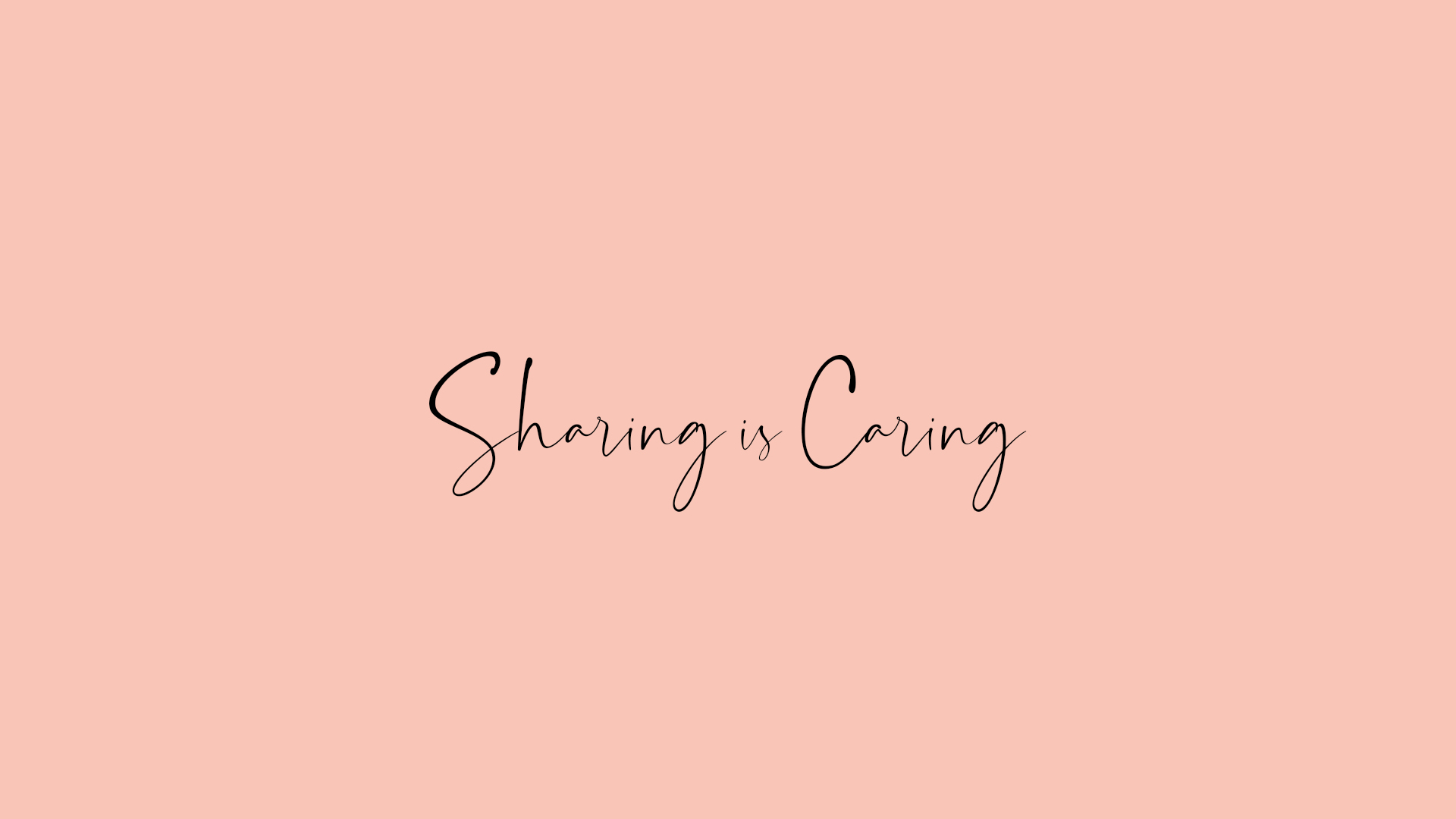

Fertil-In
Fertil-In is an intelligent questionnaire to identify possible obstacles to fertility. Adva Grundman, Fertility and MAP consultant, and Virginie Terrier, nutritionist and micro-nutritionist, the founders, created Fertil-In to accompany couples in their desire to have a child. They have different programs that all aim to improve the fertility and general health of couples in order to give them the best possible chance in their procreation project, whether natural or medically assisted.
After our meeting with Anne-Catherine, we put her in contact with Fertil-In. Adva and Virginie suggested that she offer them the inConcept program relevant to their stage of MAP which includes preparing the body for IVF.
Read more about Fertil-In and what is fertile intelligence in this article.
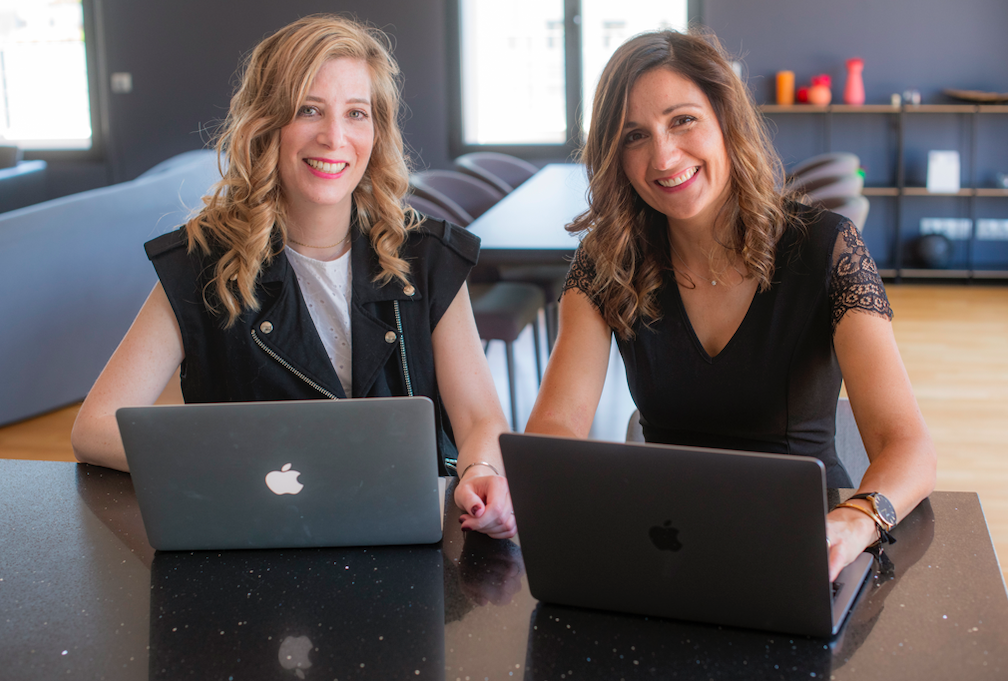

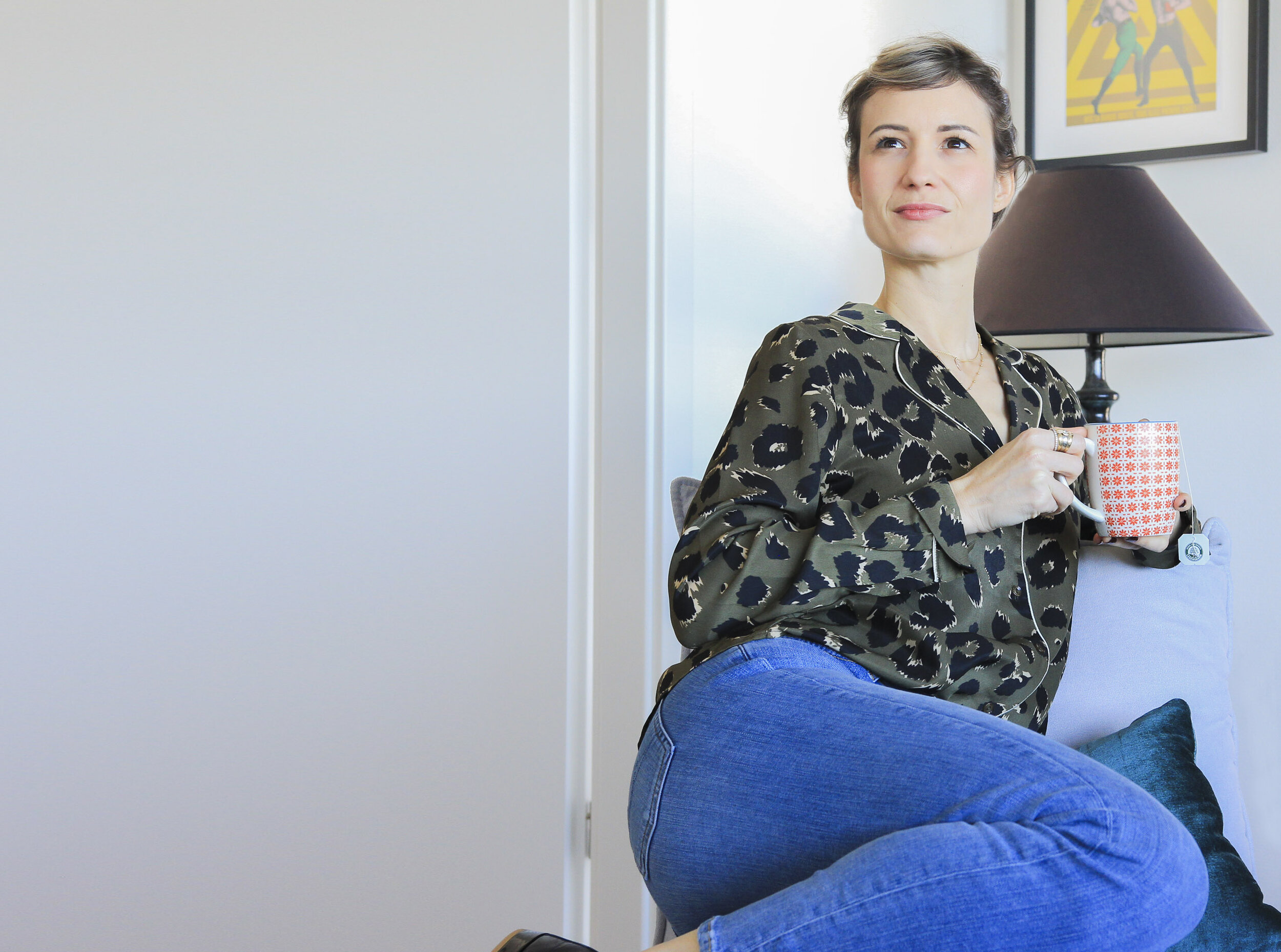
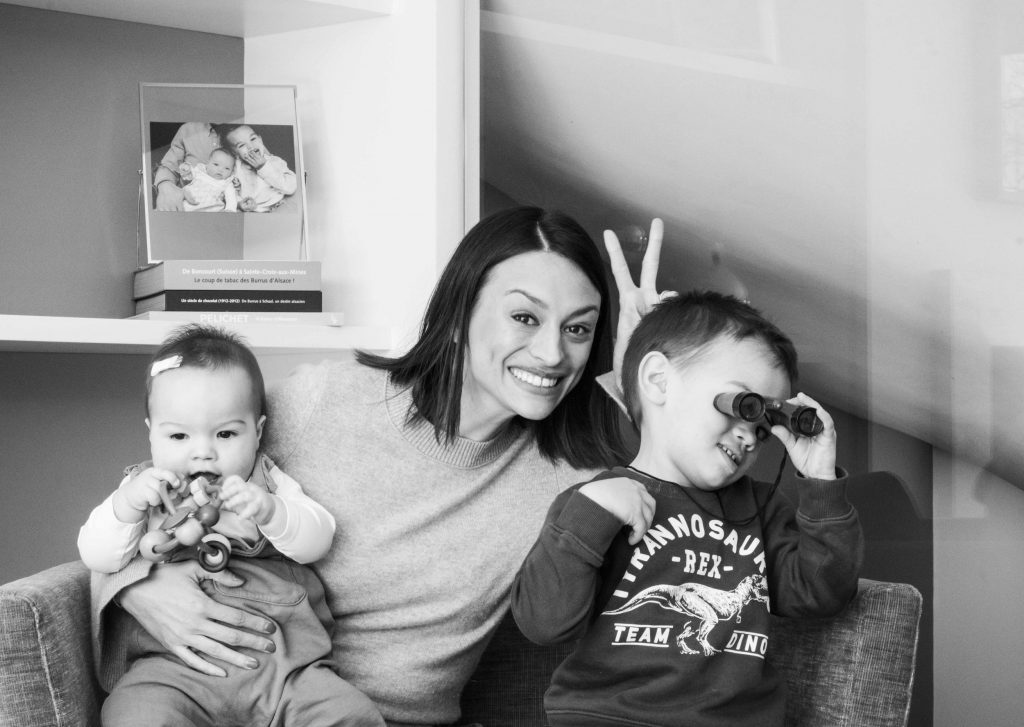
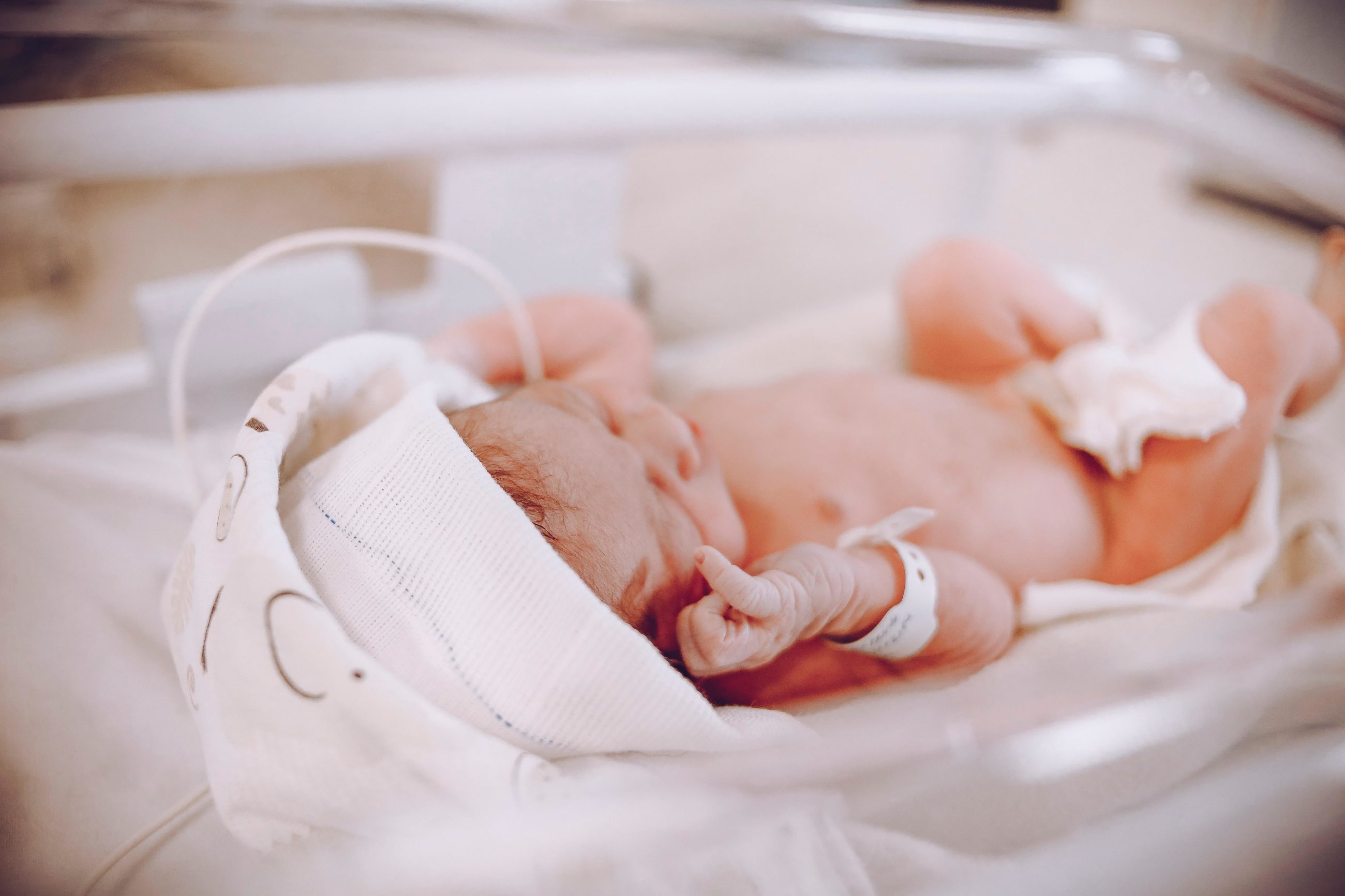
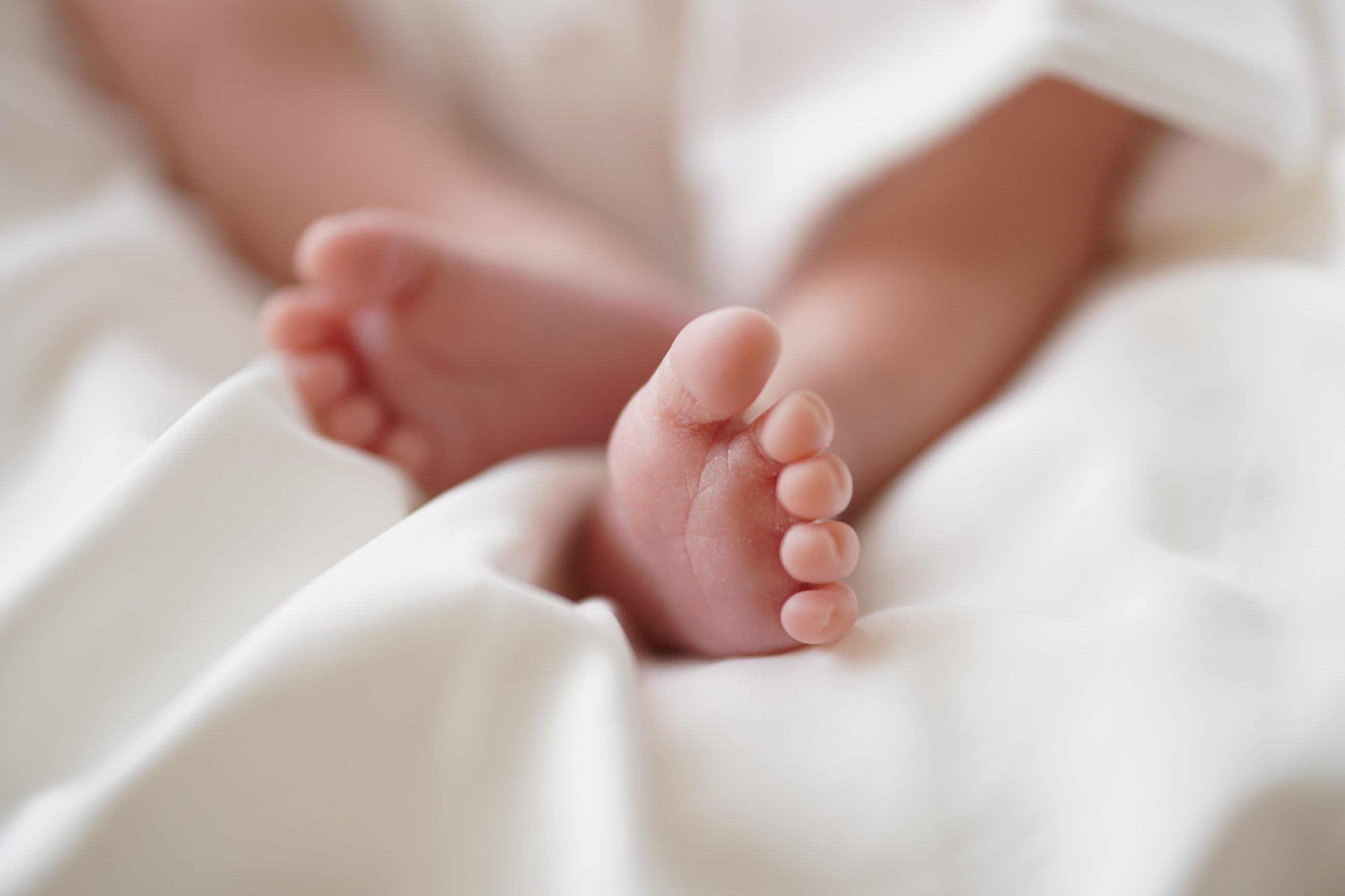
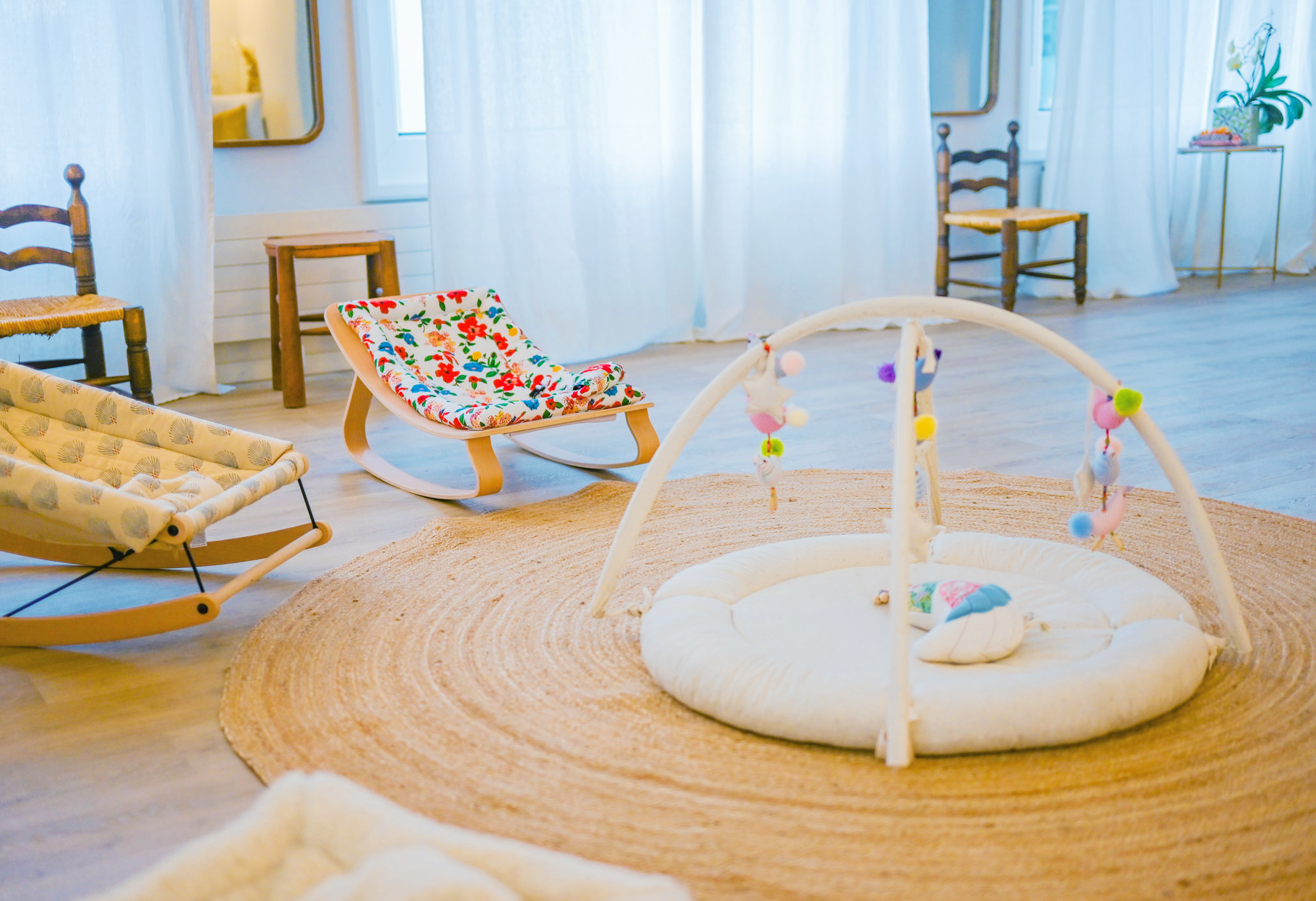
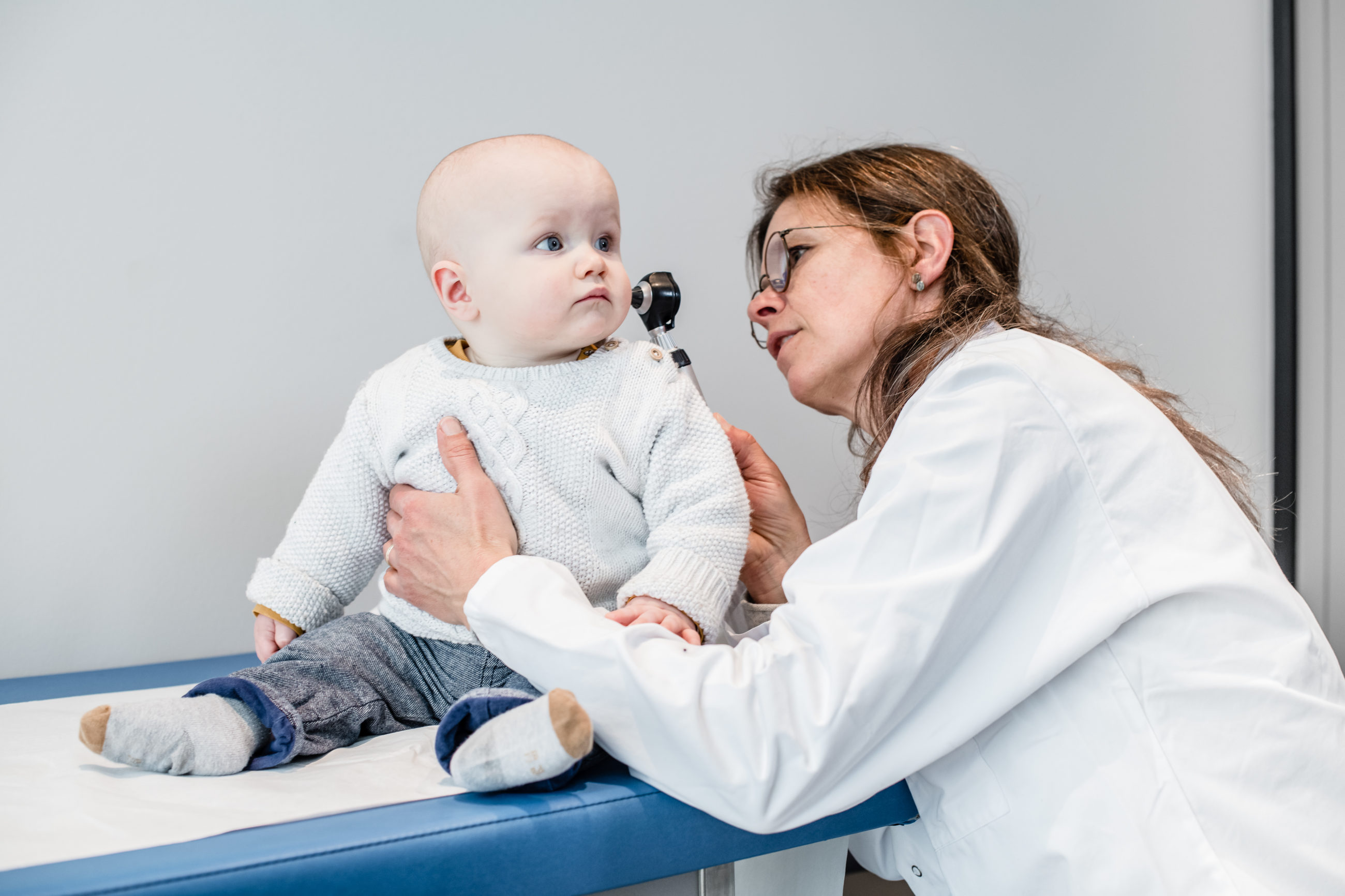
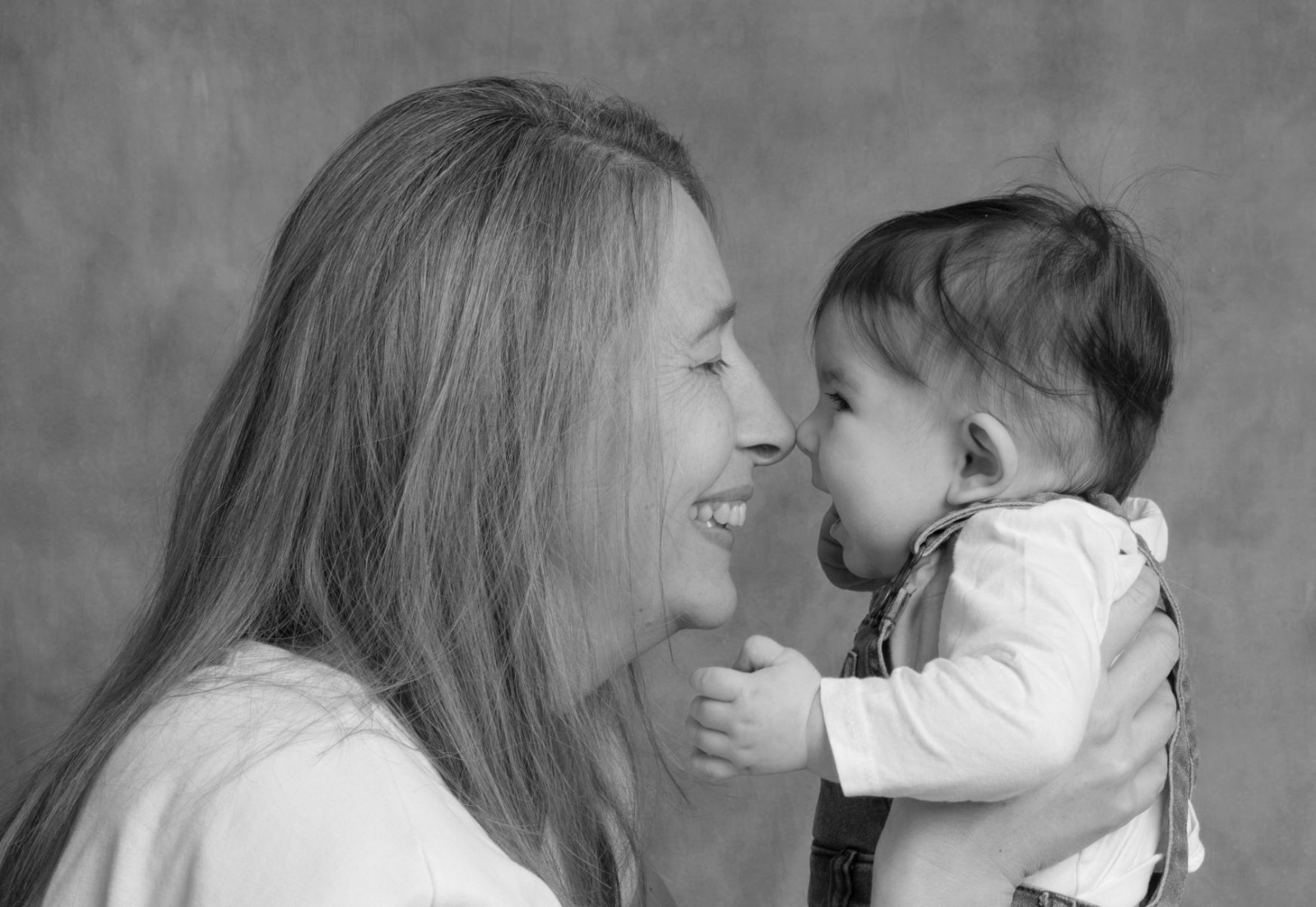
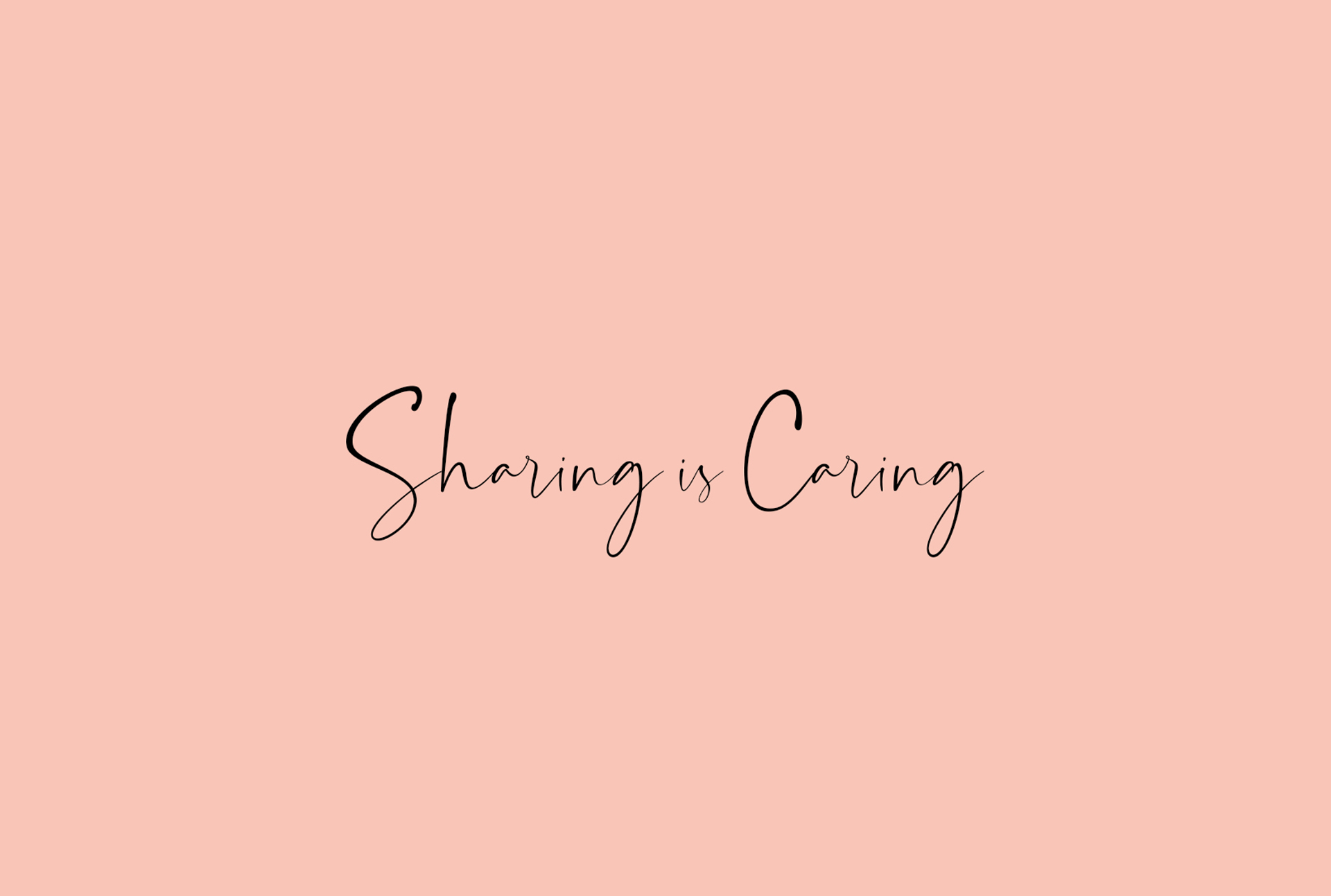
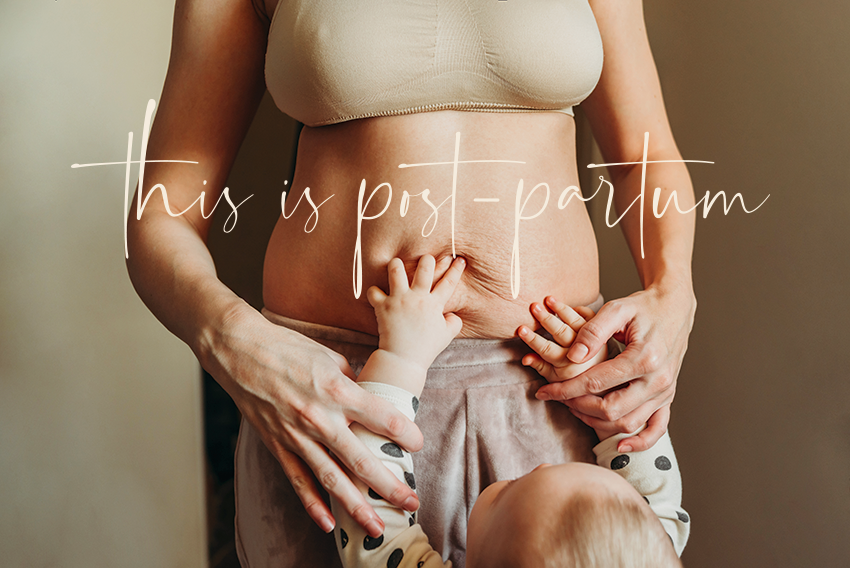

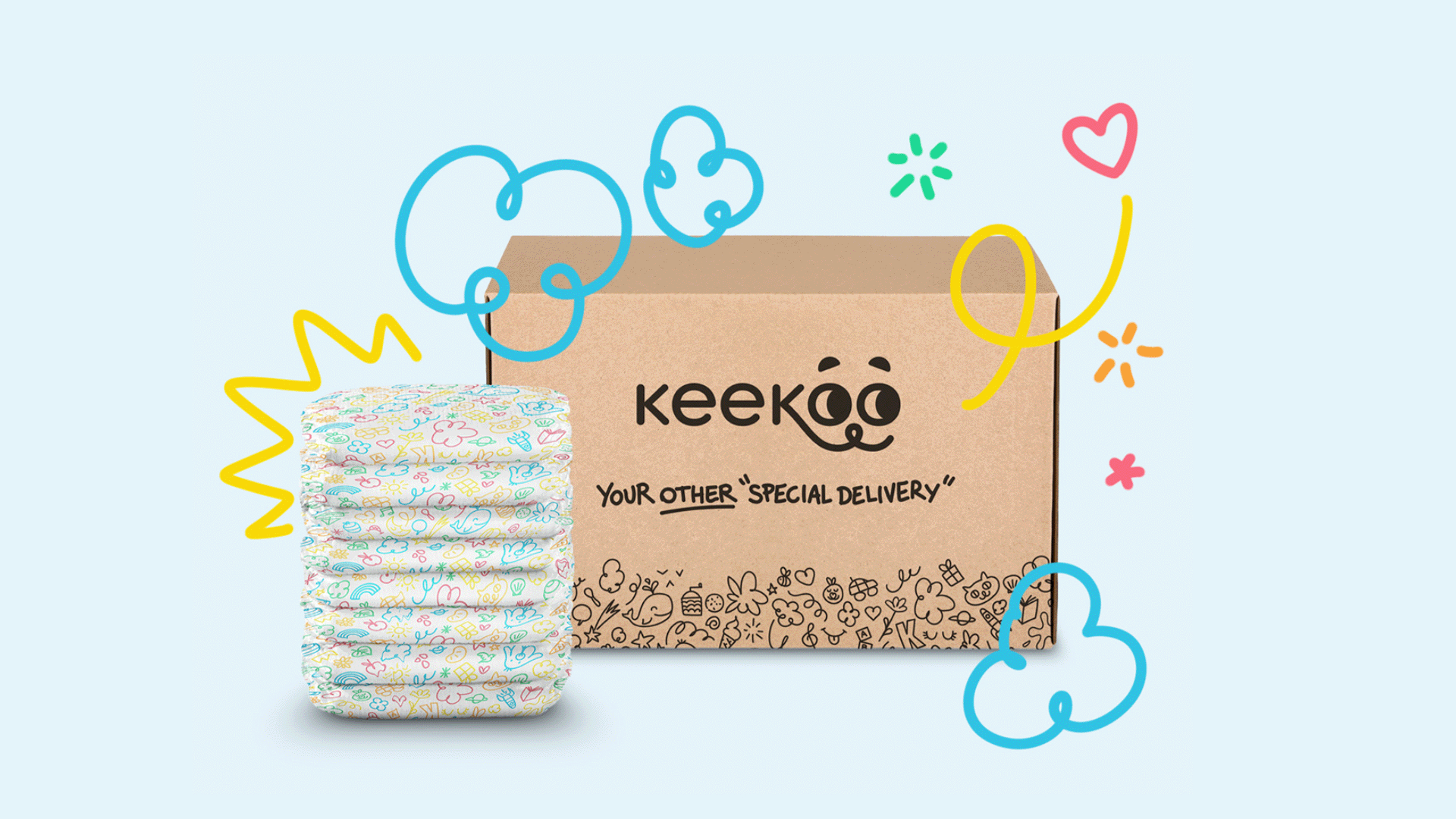
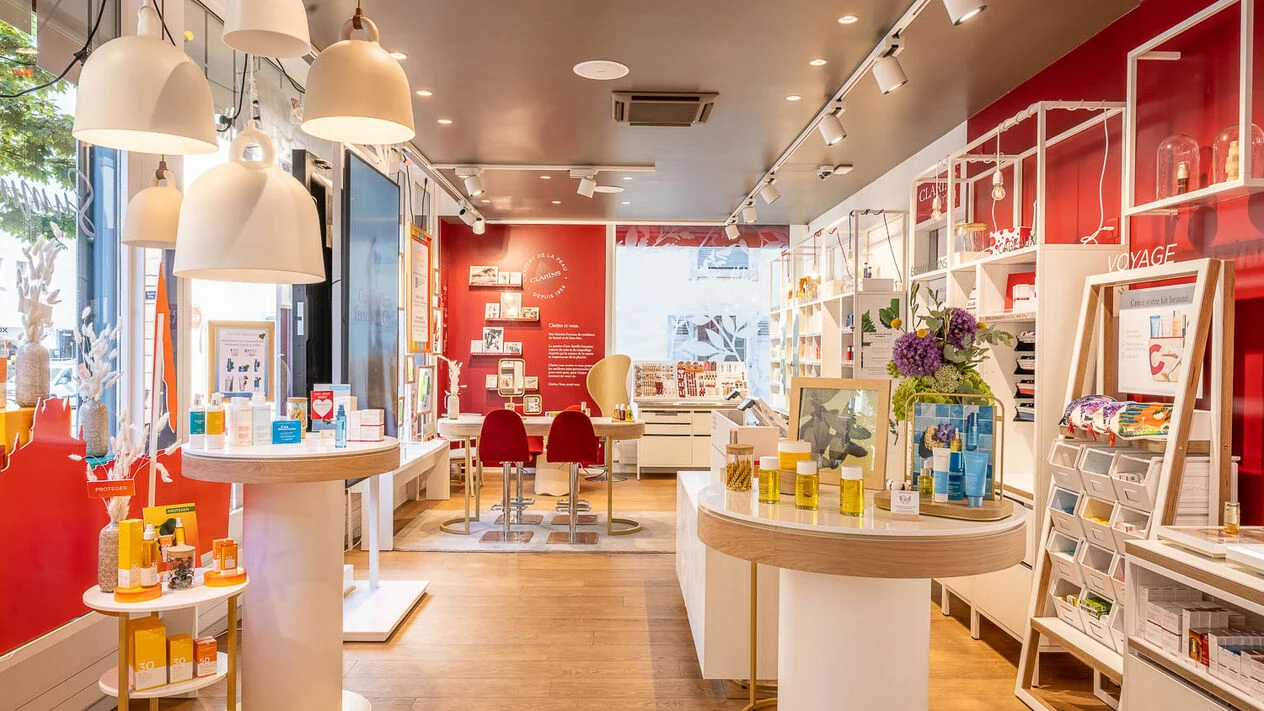
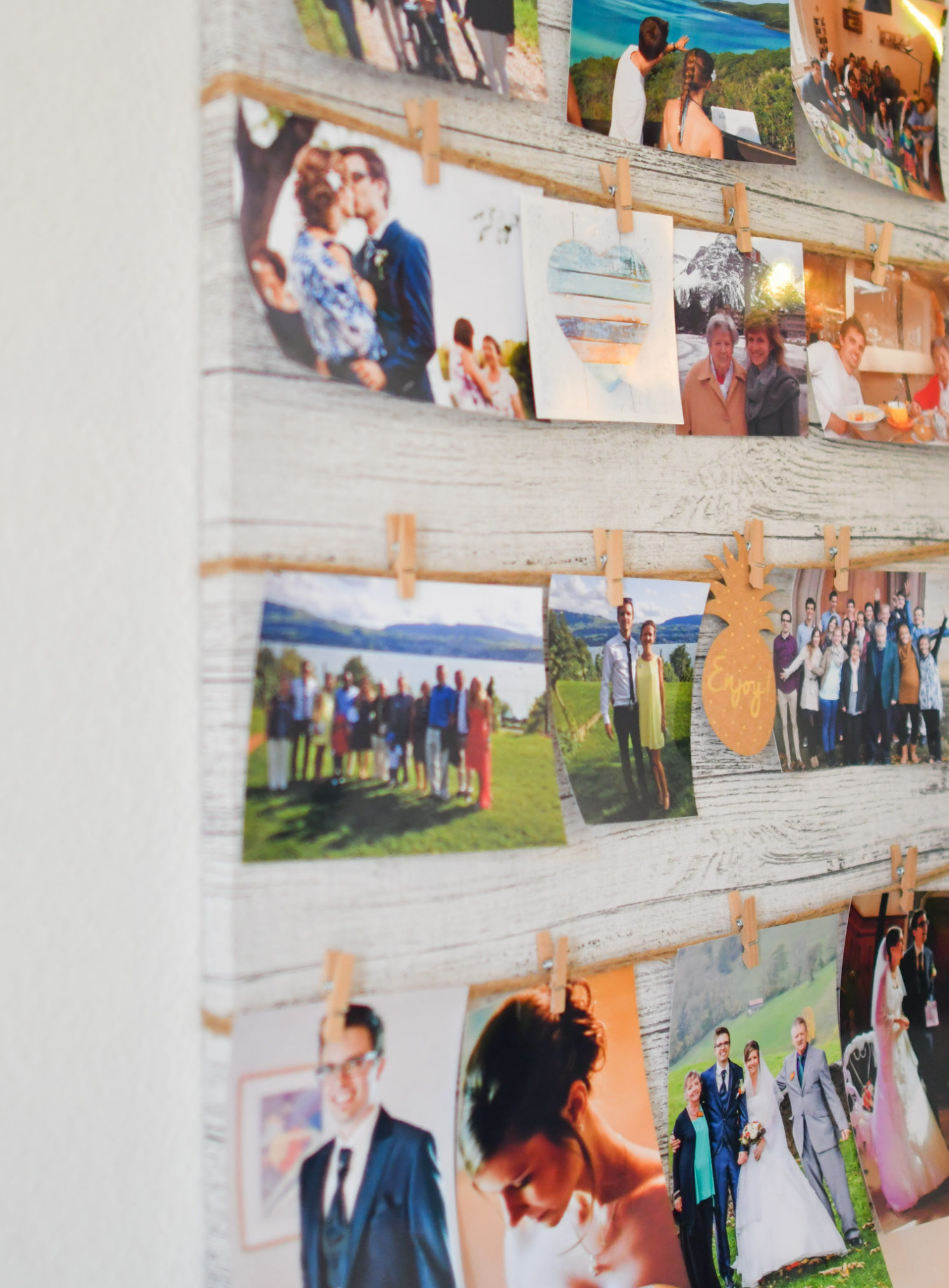
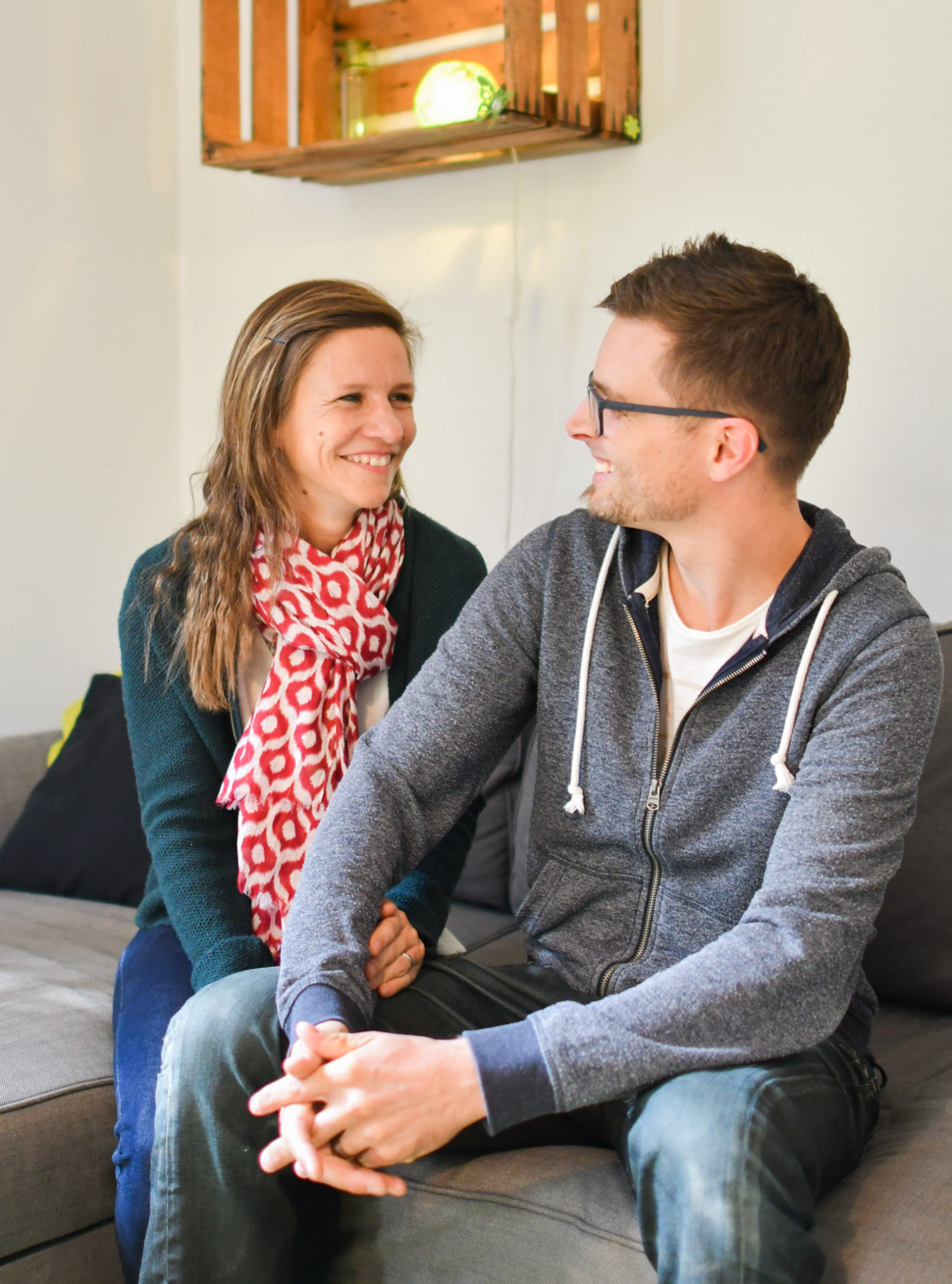
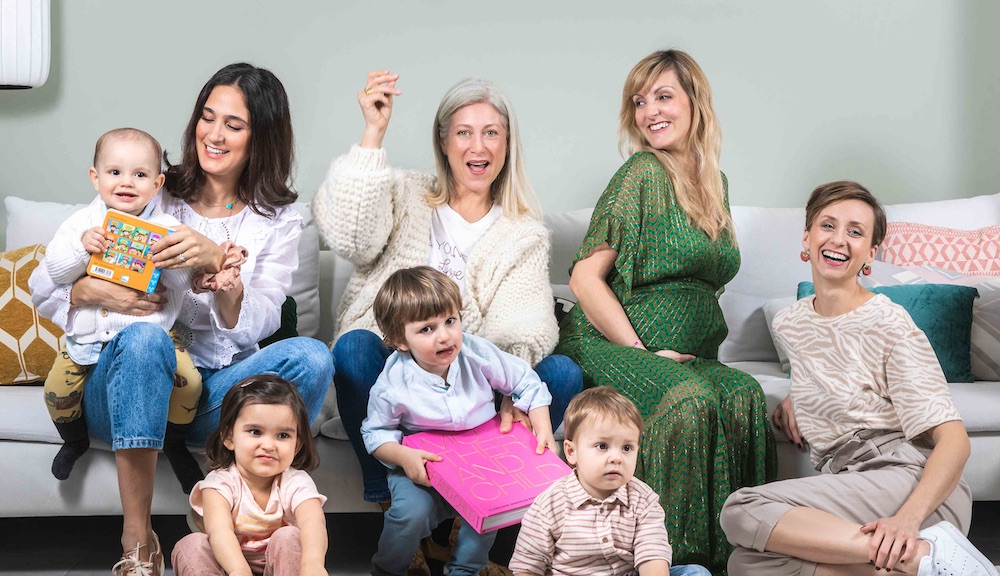
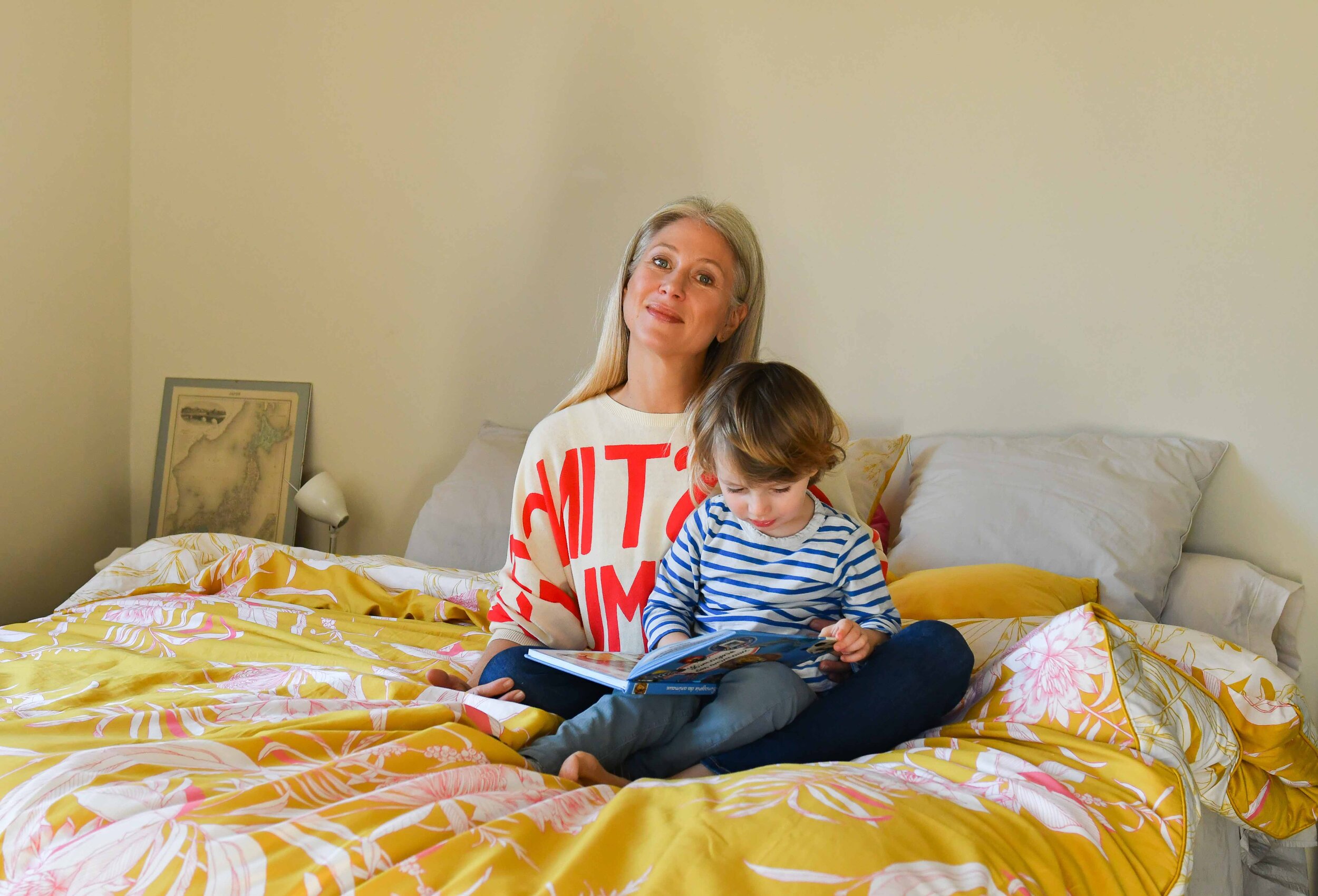
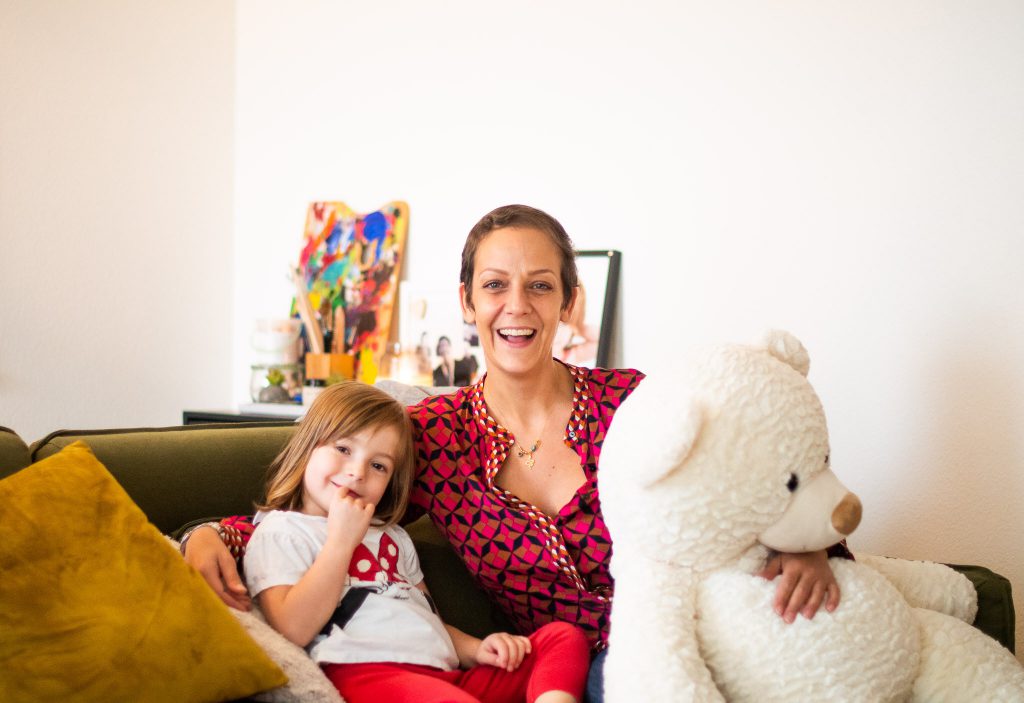




Partager cet article